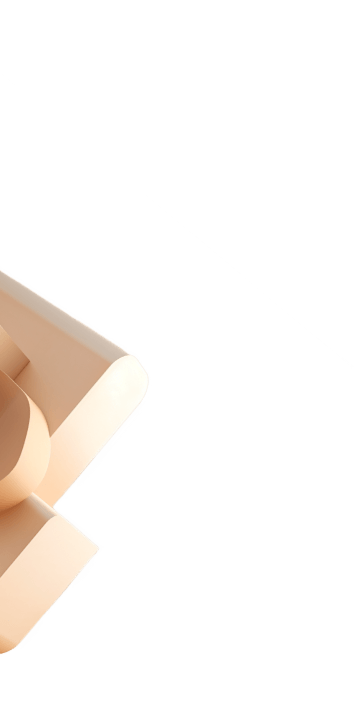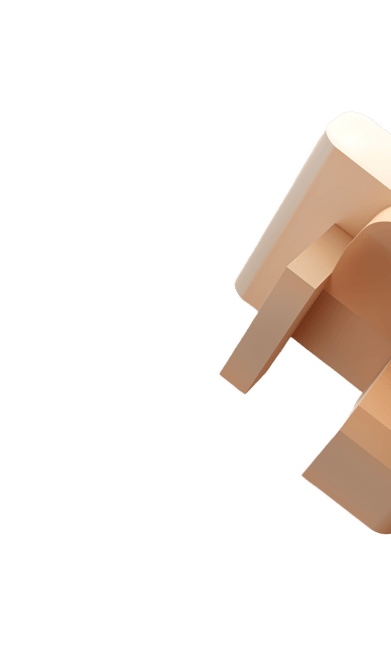Buying a second home
Learn all about how you can buy a second home, from remortgaging to releasing equity
Your home may be repossessed if you do not keep up repayments on your mortgage.
How to buy a second home
Every year, thousands of homeowners decide to buy a second home.
If you’re looking to buy a second property to rent out, you’ll have to get a buy to let mortgage.
If you do not plan to rent your second home and want to keep your original home too you can:
remortgage your current home
release equity from it, if you’re an older homeowner
Remortgaging to buy a second home
Remortgaging is often the best way to fund a deposit on a second home, or buy it outright.
When looking to remortgage, avoid choosing based on the interest rate. Instead, look at exactly what you'll pay. This includes the interest, any fees, and the remaining balance after the initial period ends.
There are some restrictions on remortgaging for older borrowers. Some lenders accept borrowers who are over retirement age if they can prove their mortgage is affordable. Their application will also need to pass the ‘stress test’.
A ‘stress test’ relates to things that could affect if you can meet your mortgage repayments. For example, interest rates rising, or you losing your job.
Read more in our remortgage guide.
Equity release
You can access the equity (or cash) tied up in your home through ‘equity release’ if you’re over the age of 55.
You can take the money out in full or in a few smaller amounts. This option is to let older borrowers use the wealth they have in their homes to pay for another home.
The most common equity release scheme is called a ‘lifetime mortgage’.
Interest on the lump sum of a lifetime mortgage builds up over time. It's repaid when the borrower goes into long-term care or dies.
Releasing equity can affect if you can get state benefits and the value of your estate. We recommend getting professional advice first.
Buying a holiday home
Buying a property for holidays has many benefits, particularly if it’s in a location you'd visit often. There’s also the option to rent it out to holidaymakers when you’re not there to make some extra cash.
If you only plan to let your holiday home out for a few weeks a year, you do not need a buy to let mortgage. You can get a residential mortgage.
If you plan to rent it out often you might need a holiday let mortgage.
A holiday let mortgage is for people who want to borrow money to buy a property that they'll let out short term to tourists. This would allow you to charge more to customers than you would with long-term tenants in a buy to let.
Do your research
Renting out a holiday home will affect the tax you pay. You’ll have to declare this income on a Self Assessment tax return each year.
Make sure you discuss it with your financial adviser first.
If you plan to rent it out for more than a certain number of days a year, you could be eligible for specific allowances and tax reliefs.
Some purpose-built holiday homes do not have the planning permission to be residential all year round. Make sure you check this first, especially if you’re thinking of moving in full time one day.
Helping a family member onto the property ladder
If you’re already a homeowner and you want to buy a second property for a relative, it will be a second home.
You’ll have to pay a charge on top of the usual Stamp Duty. You’ll also have to pay capital gains tax (CGT) when you sell.
You can also help a family member buy a home by:
giving a cash gift or informal loan to help pay their deposit
being a guarantor for their mortgage if they cannot afford a deposit or do not meet the lender’s requirements
looking into first-time buyer government schemes like Help To Buy, Shared Ownership, and the Starter Home Scheme
Learn more in our first time buyer guide.
Buying a second property to start a business
You can buy a property partly for business, and partly for living in. This is classed as a mixed-use property, sometimes known as semi-commercial.
This means the stamp duty will be lower but you’ll have to pay more taxes and business rates.
What are the extra costs of buying a second home?
If you own more than one property, the one you consider to be your main home is your ‘primary residence’. Any other property is the ‘secondary residence’.
The main extra costs in buying a second home come from higher stamp duty and capital gains tax (CGT).
When you buy a property, you’ll in most cases need to pay stamp duty.
With a second home, you’ll often have to pay an extra 3% on top of each stamp duty rate band depending on the value of the property.
For example, instead of paying 0% on the first £125,000 of the property, you’ll pay 3%. And instead of paying 2% on the next £125,000, you’ll pay 5%.¹
Like primary residence stamp duty, you’ll need to pay the tax if the property is worth more than £40,000.
You'll have to pay capital gains tax on second homes if its value has increased when you sell. A financial adviser will be able to tell you how much you’ll need to pay.
Can I make money as a property developer?
People often want to buy and renovate a property when the housing market it strong. This allows them to sell at a higher price.
For some, improving a home alone is satisfying.
The decision to move into property development can be risky. You could end up losing a lot of money if the market crashes and you cannot sell it.
Like any investment, it’s good to have a financial safety net in case the market does not perform as well as you expect. Or it takes longer than expected to sell the property.
You'll need to consider the usual costs of buying a second home and an estimated cost of the renovations.
Get a mortgage with Better.co.uk today
Remortgage customers saved £513 a month in July 2024*
Better.co.uk is a fee-free mortgage broker
4.8-star Trustpilot rating from over 8,700 reviews
Compare mortgage deals from over 100 lenders
Get matched with the right legal team with SmartBuyer
Fund a big expense with a Homeowner Loan
What people are saying about Better.co.uk...

Important info & marketing claims
You may have to pay an early repayment charge to your existing lender if you remortgage. Your savings will depend on personal circumstances.
Your home may be repossessed if you do not keep up repayments on your mortgage.
*The savings figure of £656 is based on Better.co.uk remortgage customers in April 2024. Read more on our marketing claims page.
We can't always guarantee we will be able to help you with your mortgage application depending on your credit history and circumstances.
Average mortgage decision and approval times are based on Better.co.uk's historic data for lenders we submit applications to.
Tracker rates are identified after comparing over 12,000 mortgage products from over 100 mortgage lenders.
As of January 2023, Better.co.uk has access to over 100 lenders. This number is subject to change.
For buy-to-let landlords, there's no guarantee that it will be possible to arrange continuous letting of a property, nor that rental income will be sufficient to meet the cost of the mortgage.

